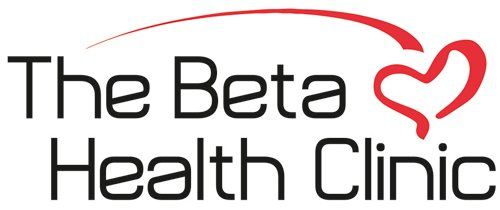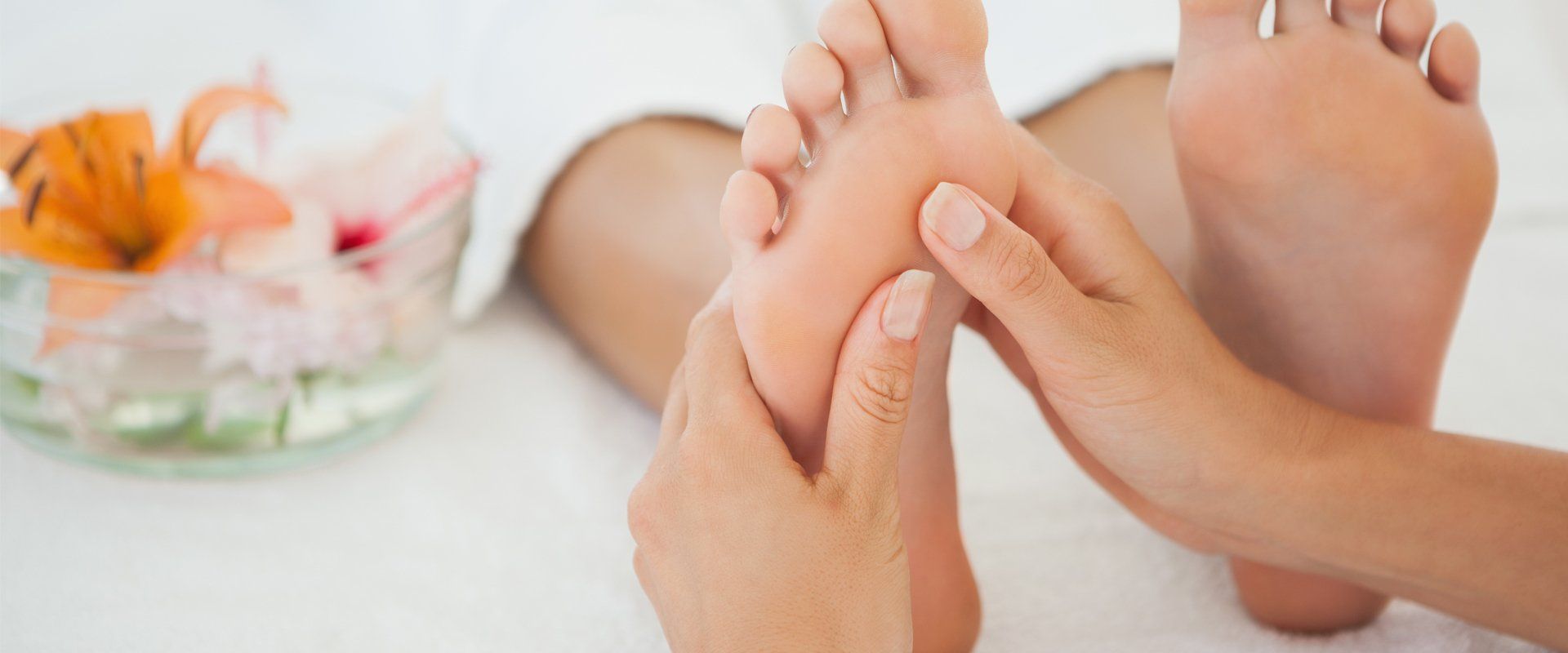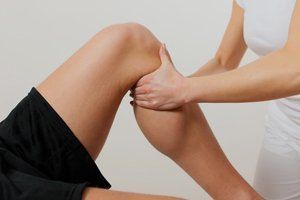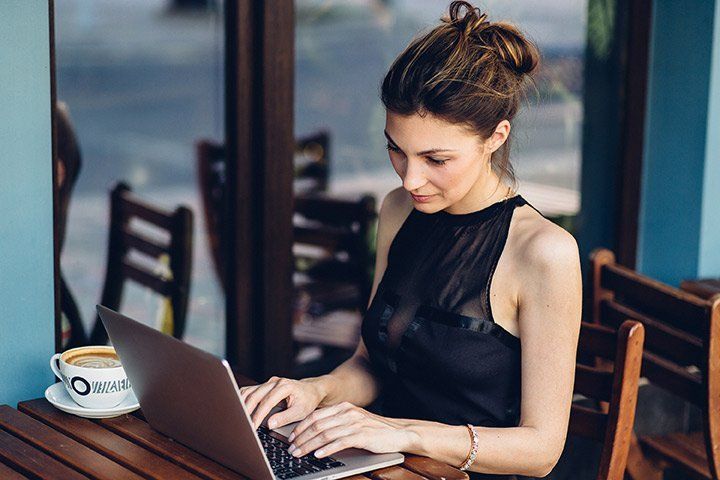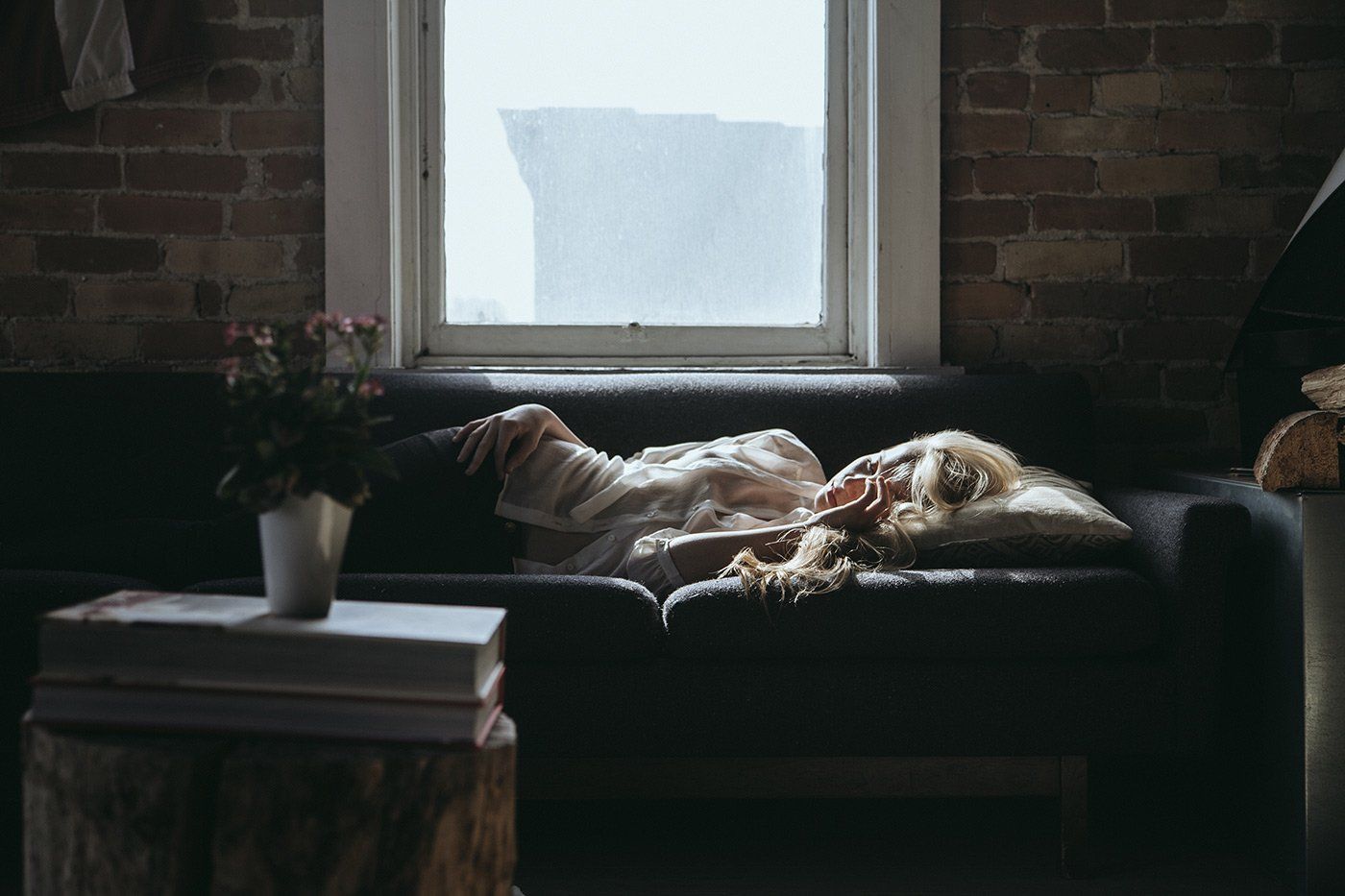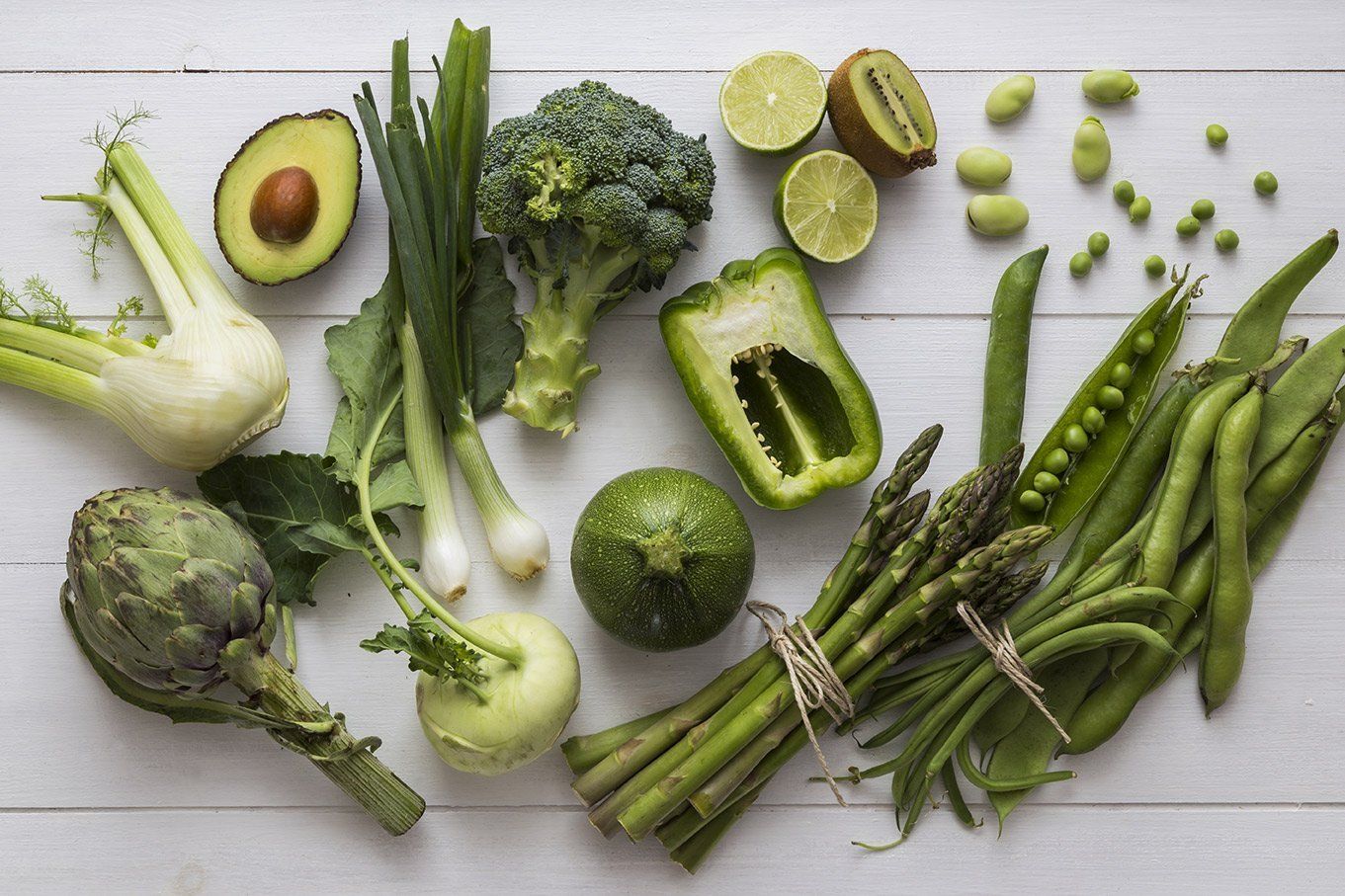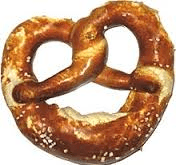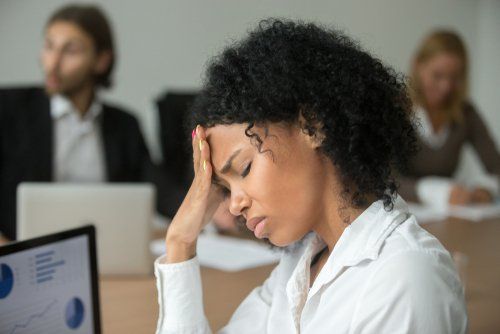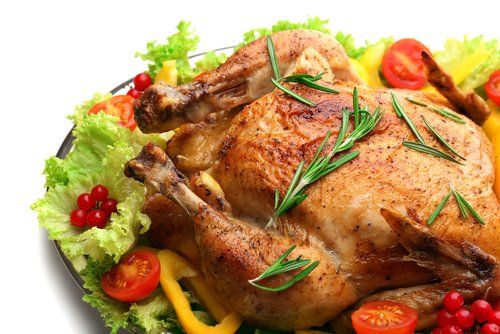
At this festive time of year, there are many people who feel stressed at the thought of over indulging in rich foods, drink and chocolates. Perhaps they are trying to control their weight or very importantly, control their blood sugars due to concerns with diabetes. What can you do to ensure your blood sugar levels remain as calm as possible, especially if you are going to eat at someone else's home? The key is to control your intake of sugars and carbohydrates, which are just molecular chains of sugars.
Firstly, ensure you have a good breakfast on the big day. Don't skip breakfast thinking that you will eat a lot later, this will only lead to snacking on inappropriate, high carbohydrate foods because you are hungry. A lovely, cheesy omelette or even a treat of bacon, mushrooms and eggs will set you up for your day.
Secondly, think carefully about what you are drinking. Drinks slip down very smoothly, so it's easy to raise your blood sugar levels on drinks alone. Fruit juices, fizzy sweet drinks, beer and wine all raise your blood sugars at an alarming rate, as well as adding to dehydration, which will cause you to reach for more. What drinks are relatively low carb? Well, you will be pleased to hear that spirits, champagne or dry red wine are the best of your choices. Of course water is your great friend, be it in still, fizzy, ice or soda form and can be added to you spirits instead of other high carb mixers. It's a good idea to have a glass of water to hand throughout the day to keep you hydrated. Tea and coffee (without sugar) are fine.
Christmas dinner is a time for indulgence and of course you don't want to feel left out. That doesn't mean you can't make a few careful choices and do away with the worry. The items that raise your blood sugars are the carbohydrates, so they are the things to control. Potatoes, parsnips, carrots, bread sauce and stuffing are the things to avoid or cut down on. If your joy on Christmas day is a roast potato, then have two small pieces and forgo the other starchy vegetables. Load up on above ground vegetables such as sprouts and the meats or nut roast instead. Cauliflower mash with lashings of butter makes a great alternative to mashed potatoes.
Afterwards you could always skip the Christmas pudding and move on to the cheese board instead (no crackers though). If you feel cheated without pudding, have the thinnest slice possible, with a good cover of double cream to satisfy that craving.
A great tip is to take dark chocolate, the richer the better, with you. That way if you are tempted by the sweets and candy surrounding you, you can treat yourself without worrying too much. It also stops people from nagging you into indulging because they want to feel you are having a good time.
Wishing you a very happy, healthy festive season. A wise person once said: It's what you eat between New Year and Christmas that makes the difference to your health, rather than Christmas to New Year. If you slip up in the next few weeks, bear that in mind and be kind to yourself.
Christine Gaskill, Hemel Hempstead Ambassador for the Public Health Collaboration
https://phcuk.org/wp-content/uploads/2017/10/PHC-Sugar-A5-Flyer-Front.pdf
Firstly, ensure you have a good breakfast on the big day. Don't skip breakfast thinking that you will eat a lot later, this will only lead to snacking on inappropriate, high carbohydrate foods because you are hungry. A lovely, cheesy omelette or even a treat of bacon, mushrooms and eggs will set you up for your day.
Secondly, think carefully about what you are drinking. Drinks slip down very smoothly, so it's easy to raise your blood sugar levels on drinks alone. Fruit juices, fizzy sweet drinks, beer and wine all raise your blood sugars at an alarming rate, as well as adding to dehydration, which will cause you to reach for more. What drinks are relatively low carb? Well, you will be pleased to hear that spirits, champagne or dry red wine are the best of your choices. Of course water is your great friend, be it in still, fizzy, ice or soda form and can be added to you spirits instead of other high carb mixers. It's a good idea to have a glass of water to hand throughout the day to keep you hydrated. Tea and coffee (without sugar) are fine.
Christmas dinner is a time for indulgence and of course you don't want to feel left out. That doesn't mean you can't make a few careful choices and do away with the worry. The items that raise your blood sugars are the carbohydrates, so they are the things to control. Potatoes, parsnips, carrots, bread sauce and stuffing are the things to avoid or cut down on. If your joy on Christmas day is a roast potato, then have two small pieces and forgo the other starchy vegetables. Load up on above ground vegetables such as sprouts and the meats or nut roast instead. Cauliflower mash with lashings of butter makes a great alternative to mashed potatoes.
Afterwards you could always skip the Christmas pudding and move on to the cheese board instead (no crackers though). If you feel cheated without pudding, have the thinnest slice possible, with a good cover of double cream to satisfy that craving.
A great tip is to take dark chocolate, the richer the better, with you. That way if you are tempted by the sweets and candy surrounding you, you can treat yourself without worrying too much. It also stops people from nagging you into indulging because they want to feel you are having a good time.
Wishing you a very happy, healthy festive season. A wise person once said: It's what you eat between New Year and Christmas that makes the difference to your health, rather than Christmas to New Year. If you slip up in the next few weeks, bear that in mind and be kind to yourself.
Christine Gaskill, Hemel Hempstead Ambassador for the Public Health Collaboration
https://phcuk.org/wp-content/uploads/2017/10/PHC-Sugar-A5-Flyer-Front.pdf
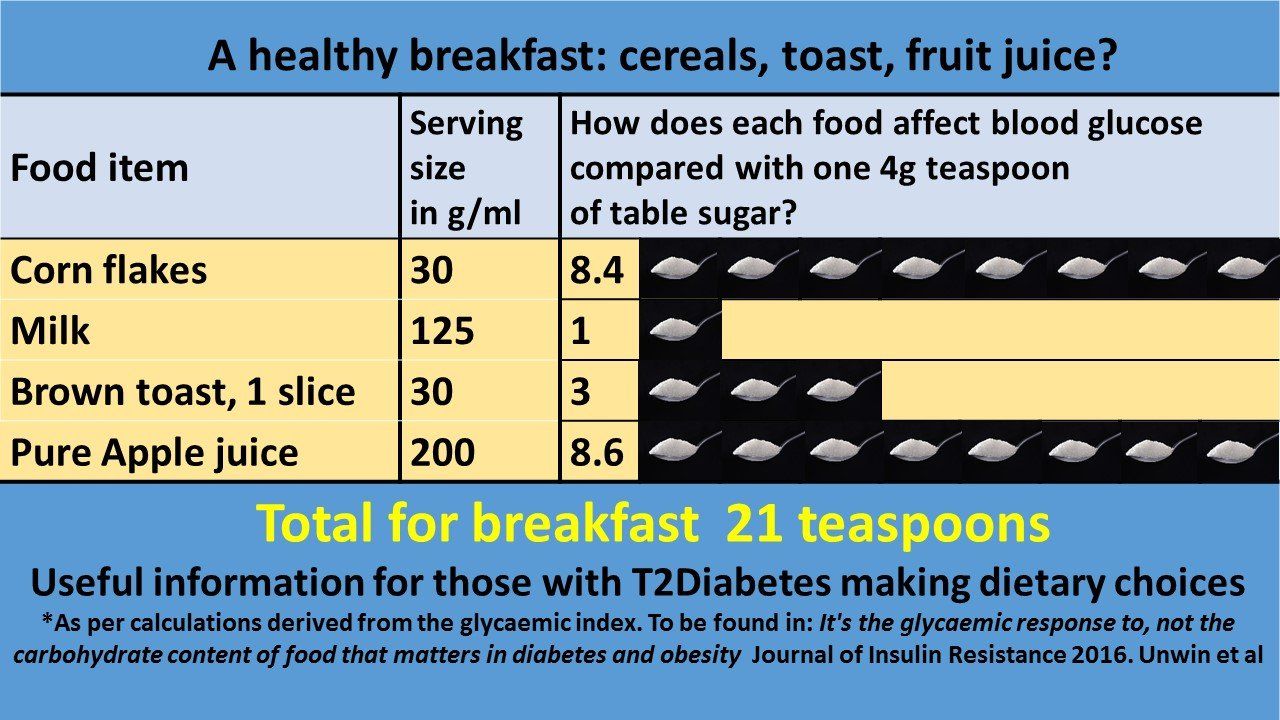
There has been great excitement in the press following the airing of The BBC 1 programme The Truth About Carbs. During this programme we followed Dr Xand van Tulleken as he discovered how simple changes to our diet, can make a real difference to our weight, health and blood sugar readings. Cutting down on white and beige carbohydrates and adding vegetables which have a lower glycemic response proved to make a real difference to people's lives and health, in a number of surprising ways. I particularly enjoyed following the journey of the volunteers from Merseyside, as they discovered just how much sugar was in a typical breakfast and how it affected their individual blood sugar readings. The difference eating a lower carbohydrate diet, even for just two short weeks, made to all of the volunteers was a joy to watch. Take a look at the infographic above to understand why they were affected and how many teaspoons of sugar you may be consuming in your "healthy" breakfast.
You can still watch it on catch-up for a while and perhaps you too may be inspired to make small changes that could make a real difference to your health: https://www.bbc.co.uk/programmes/b0b5y6c0.
If you would like to investigate further into how much sugar you are consuming each day, then take a look at the infographics on the Public Health Collaboration site, you may be in for a surprise: https://phcuk.org/sugar/. Christine Gaskill PHC Ambassador for Hemel Hempstead
You can still watch it on catch-up for a while and perhaps you too may be inspired to make small changes that could make a real difference to your health: https://www.bbc.co.uk/programmes/b0b5y6c0.
If you would like to investigate further into how much sugar you are consuming each day, then take a look at the infographics on the Public Health Collaboration site, you may be in for a surprise: https://phcuk.org/sugar/. Christine Gaskill PHC Ambassador for Hemel Hempstead
